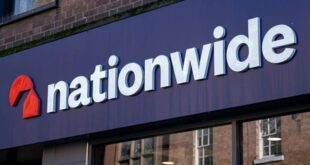Economic growth was 3.5 per cent – similar to the present day – but was far healthier given that the country was not bouncing back from a pandemic. Inflation was at just 2.9 per cent, while wage growth was a solid 6.9 per cent.
Oddly enough, it was the Conservative Party that had done much, initially, to instigate the protests, trying to organise a national boycott of petrol stations to pile pressure on the Blair government.
The trade unions and the Road Haulage Association, meanwhile, spoke out against the protesters.
In that topsy-turvy September, the public, far from outraged at the disruption to their daily lives, appeared to mostly back the strikes. A small BBC poll put their support at 78 per cent.
The obvious reason for this was that, for once, the Government was substantially to blame for inflated prices.
In the early Nineties, Britain had some of the cheapest fuel in Europe. By 2000, it was the most expensive, and almost all of that was down to tax.
Source link



